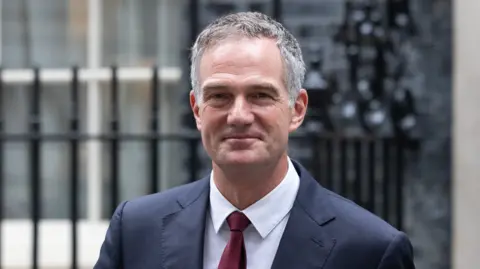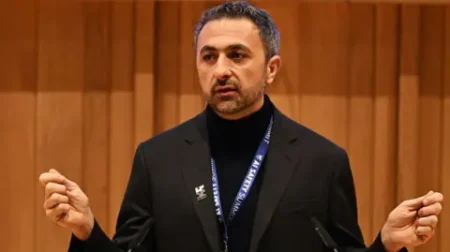The situation at the UK’s national institute dedicated to artificial intelligence (AI), the Alan Turing Institute, has become increasingly tumultuous as recent revelations underscore a profound staff discontent amid an ongoing restructuring process. The management, led by Chair Dr. Doug Gurr and Chief Executive Dr. Jean Innes, has been responding to mounting criticism from employees regarding significant changes that have sparked serious concerns throughout the organization.
In a pivotal development, it was revealed that a whistleblowing complaint was submitted to the Charity Commission, expressing “serious and escalating concerns.” This complaint highlights a troubling internal atmosphere, indicating that staff fear for their jobs and future within the Institute. The charity, which relies heavily on governmental support—averaging around £100 million annually—is under pressure due to directives from Technology Secretary Peter Kyle. His recent demands emphasize a shift in the Institute’s focus primarily towards defense initiatives, jeopardizing not only the stability of the organization but also its foundational commitment to various research disciplines, such as healthcare and environmental issues.
Dr. Doug Gurr acknowledged in a letter that the past months have been “challenging” for employees as the organization undergoes what he described as “substantial” changes. He elaborated that a new senior working group is already established, consisting of both government officials and staff from the Turing Institute, to navigate these transitional concerns. However, he simultaneously reinforced the message that defense would not be the “sole focus” and that the Institute would continue to engage in crucial areas aligned with government and private investments.
Despite these reassurances, there remains a stark division between management’s assertions and employees’ lived experiences. Some whistleblowers have termed the management’s overtures as merely “performative,” emphasizing that their actions speak louder than words. They reported a climate laden with “retaliation” and “defensiveness,” where voicing concerns could lead to repercussions. This sentiment has evidently been echoed by the management team, who declined to specifically address these allegations, citing a lack of prior knowledge about the whistleblower letter addressed to the Charity Commission.
In their defense, the management made a commitment to promoting a culture of openness, integrity, and accountability, which they believe is crucial for the efficacy of the Institute’s operations. They referred to the organization’s existing whistleblowing guidelines in their attempts to communicate their seriousness about the issues raised.
Since its establishment in 2015, the Alan Turing Institute has aimed to position itself as the leading center for AI research in the UK. Nonetheless, the recent shift towards defense research is a significant diversion from its initial objectives. Many at the Institute, including whistleblowers and Secretary Kyle, have issued calls for new leadership; however, as of now, there has been no indication of changes to the management team.
The internal unrest is further exacerbated by the exits of multiple senior staff members in recent months, a trend expected to continue as redundancies and non-renewals of contracts become increasingly likely. As the Charity Commission investigates the complaints lodged against the organization, the landscape of the Alan Turing Institute remains precarious, with its future uncertain amid budget cuts and the pressures of a government-mandated shift in research focus.
The fallout from this situation will likely have significant implications for the broader AI research community in the UK. How the Institute navigates this challenging terrain—striking a balance between governmental demands and its core research values—may well shape its trajectory in the coming years and define its place in the global landscape of technological innovation.











